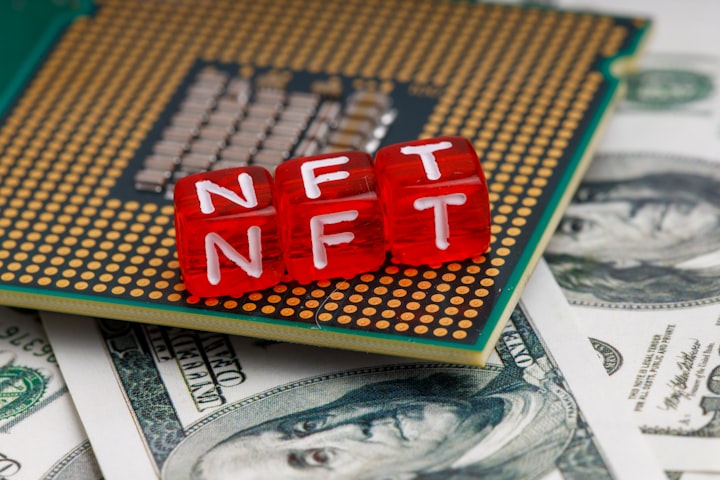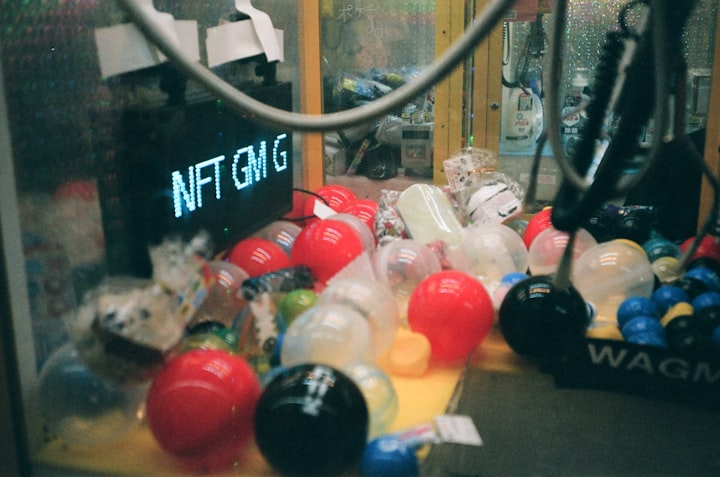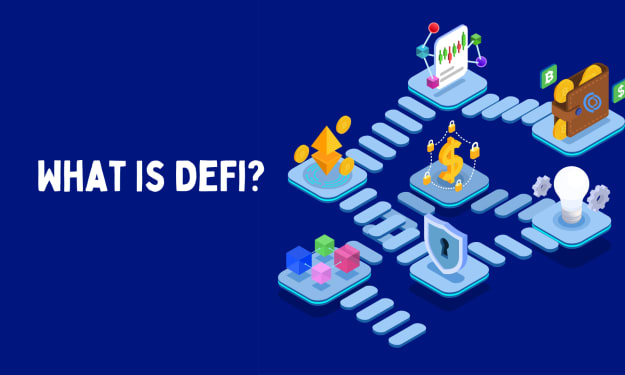NFT and ART
A journey into the world of cryptoart and its legal problems

A journey into the world of cryptoart and its legal problems
What is an NFT, in the art world? An NFT, or non-fungible token, is a unique digital representation of a good — for our purposes, a work of art. It's akin to a certificate of authenticity or a deed and it's recorded on a blockchain
We analyze the impact of NFTs in the art sector and how to address their legal issues and exploit their market potential.
We have already discussed in a previous article what NFTs are that have achieved considerable renown in the art world. In fact, in the last year, the so-called " cryptoart " (or cryptoart) - that is the digital works of art sold through NFTs - has become a real hype , reaching one of its peaks last March, with the auction by Christie's of Beeple's “Everydays: the first 5000 days” , a collage of 5,000 images, sold for $ 69.3 million.
While NFTs have the potential to be a disruptive technology, it is still unclear whether they will truly revolutionize the art world or if it will be a temporary fad. In any case, in approaching this technology, it is important that investors, collectors and artists keep some legal issues in mind.
First, it is crucial to note that NFTs provide reliable information solely with respect to what is on the blockchain , but they say nothing about the authenticity of the underlying asset. In other words, the NFT does not "certify" that the corresponding asset is an original, nor that the issuer of the token is actually the owner of the related intellectual property rights.
This problem, in fact, has already emerged in a recent case, where the online sale, through the OpenSea platform, of Jean-Michel Basquiat's design " Free Comb with Pagoda " together with an NFT associated with it, was first announced and then canceled, due to the opposition of the artist's Estate. The sale announcement not only guaranteed the authenticity of the physical work (and therefore also of the token), but also stated that anyone who bought the NFT would even have the right to destroy the physical work associated with it. However, the artist's foundation announced that the owner of the design, who had created the NFT, did not actually own the exploitation rights of the work and, consequently, had no right to tokenize and auction or the drawing or the related NFT.
This arises from the fact that the rights to exploit the works of art are not automatically transferred to the buyer at the time of purchase. In Italy, for example, art. 109 of the copyright law clearly states that the exploitation rights, which include the reproduction of the work, i.e. the multiplication of all or part of the work in copies, belong exclusively to the author and are not transferred with the sale of the work. work, unless otherwise agreed in writing.
This rule applies, of course, also to NFTs, with the effect that (i) the only subjects authorized to transfer a given physical work as a token are the holders of the related exploitation rights, i.e. the artist, his Estate, or the owner of the work (provided that said rights have been expressly assigned to him); and (ii) when purchasing an NFT it is important to be aware that ownership of the token does not translate into ownership of the exploitation rights of the underlying original work.
Another feature of NFT technology is that it allows to establish conditions for the resale of works of art on the secondary market. Indeed, NFTs can be sold through smart contracts, where artists can insert a predetermined resale royalty that is automatically applied to each subsequent resale of the asset on the secondary market.
About the Creator
Owais Abbas
I will write anything that I like ❤️





Comments
There are no comments for this story
Be the first to respond and start the conversation.